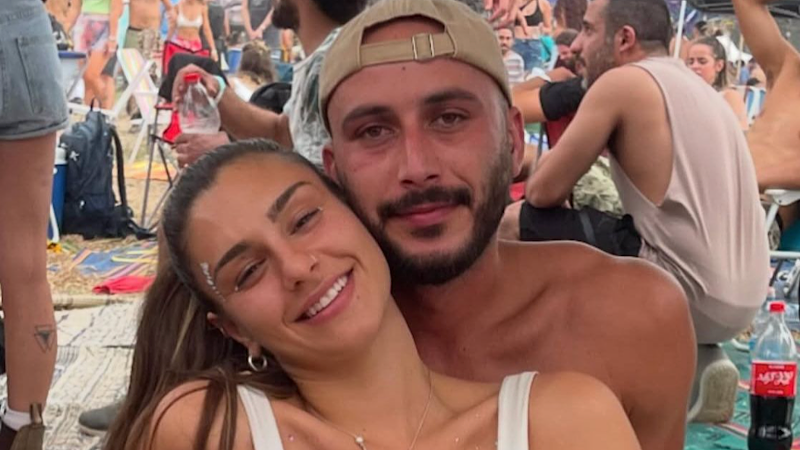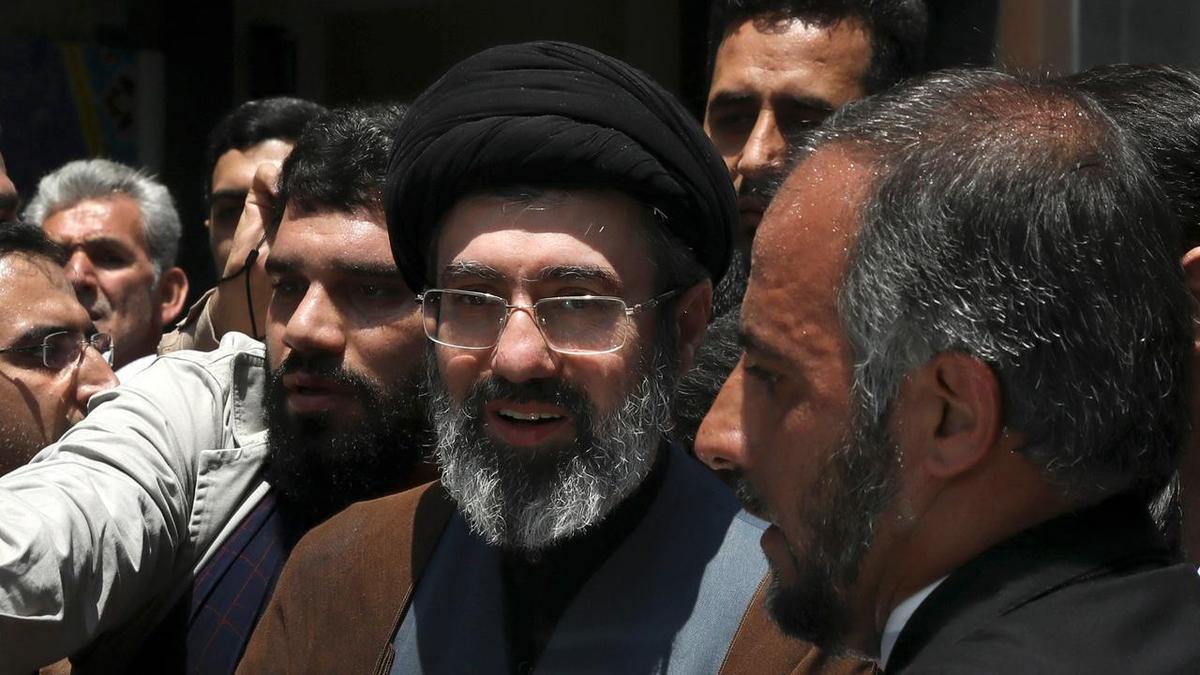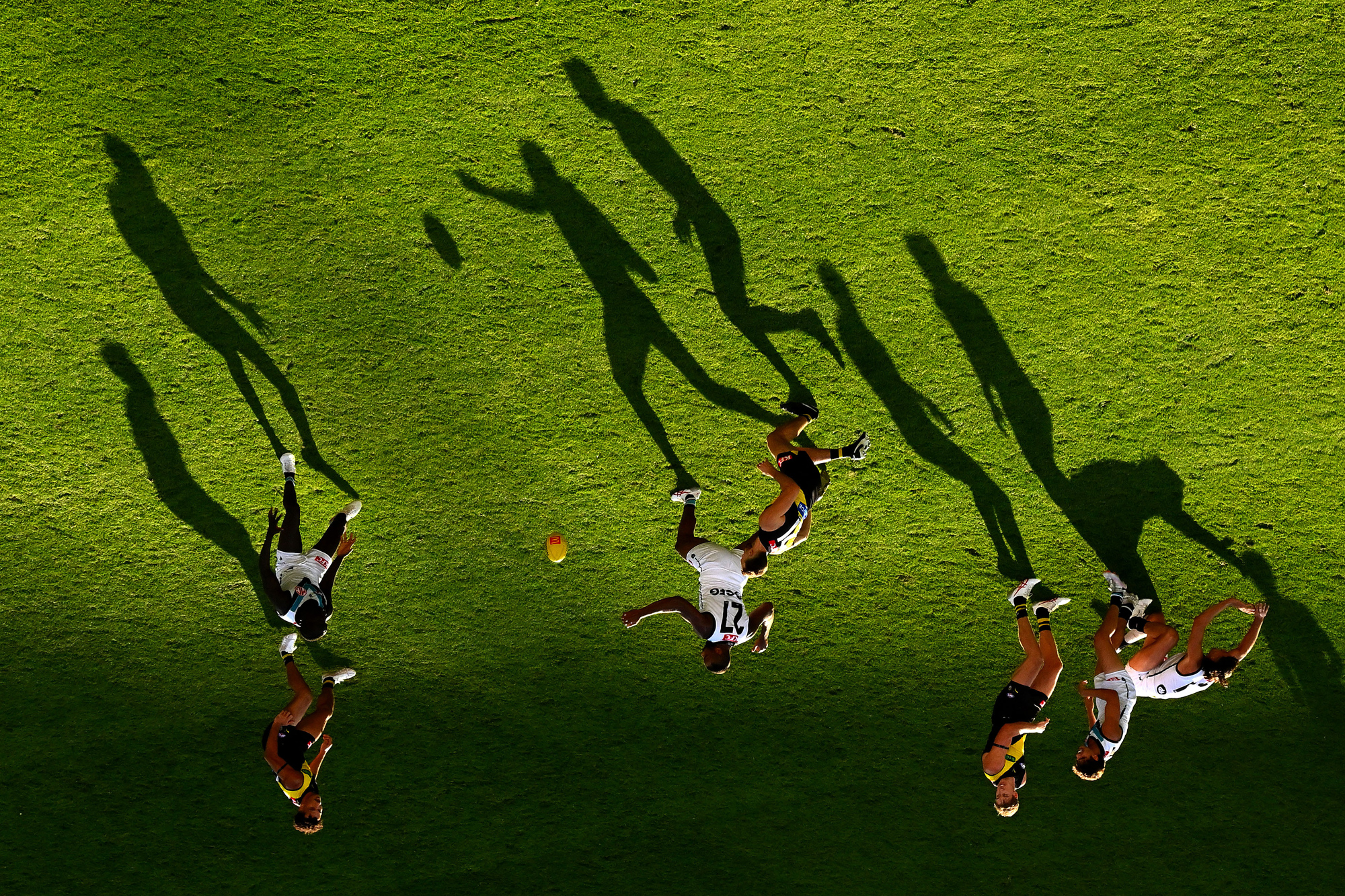
A survivor of the horrific October 7, 2023, attacks has died by suicide, two years after experiencing the devastating events at the Nova music festival. Roi Shalev, 30, was wounded during the assault carried out by Hamas terrorists, which resulted in the tragic death of his girlfriend, Mapal Adam. She was killed in front of him, leaving Shalev to grapple with profound grief and trauma.
On Friday, Shalev’s body was discovered in a burned-out car near a beach in Netanya, following a social media post that raised serious concerns about his well-being. In that post, he expressed feelings of despair, stating he “couldn’t go on anymore” and sought forgiveness. Friends, including DJ Omri Sasi, one of the festival’s organizers, gathered at the scene, visibly shaken by the news. A friend told Ynet news, “Everyone was worried and afraid he might hurt himself – now we’re all in shock.”
As Shalev struggled with the loss of Adam, aged 27, he also faced the emotional burden of his mother’s suicide shortly after the attacks. In a November 2023 interview, he reflected on his pain, saying, “I hold up the stick with the sunflower as high as I can, feeling like I’m reaching the sky. Then suddenly I think of Mapal – and I start crying, crying my heart out.”
The tragedy of Shalev’s death highlights the ongoing mental health crisis among survivors of the massacre. Reports indicate that several others have also taken their own lives since the attacks, prompting some families to blame the Israeli government for inadequate support in the aftermath.
As this tragedy unfolds, Israel is preparing to welcome home the final 20 hostages held captive by Hamas, alongside the remains of 28 others. The handover is scheduled for Monday, March 4, 2025. US President Donald Trump is set to arrive in Israel on the same day, where he will meet with politicians and hostage families to discuss the negotiations that led to the release.
Despite these developments, tensions remain high. Disagreements persist between Israel and Hamas over the list of Palestinian prisoners to be exchanged for the hostages. Preparations for Trump’s visit include extensive security measures, with an armoured motorcade arriving from the Ramstein US base in Germany.
In addition, the US plans to deploy 200 military personnel from Central Command to oversee the ceasefire in Gaza, although they will not enter the territory itself. Following the withdrawal of Israeli troops from urban areas, Hamas has reportedly regained control in Gaza’s cities. Recent reports indicate a wave of arrests targeting alleged collaborators with Israel, with Hamas announcing efforts to restore order.
As thousands of refugees return to their homes, many find their neighborhoods devastated. The ongoing conflict continues to fuel demands for the release of prominent Palestinian figures, including Marwan Barghouti, who is serving a life sentence for terrorism. The Israeli government has firmly stated that Barghouti will not be released, along with other senior Palestinian officials accused of working for Hamas.
Amid these complex dynamics, the situation remains fluid, with significant implications for both the region’s stability and the mental health of those affected by the October 7 attacks. As communities reel from the loss of Shalev and others, the urgent need for mental health support and effective government intervention becomes increasingly apparent.






